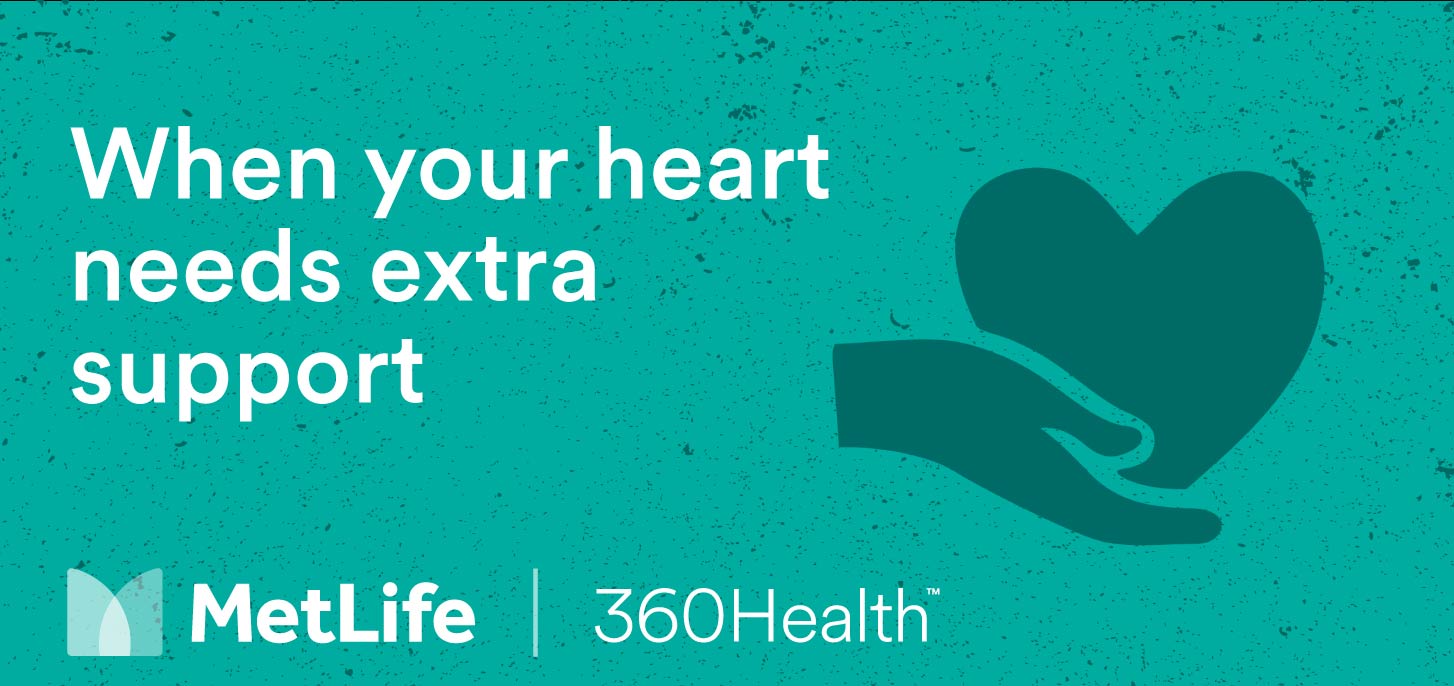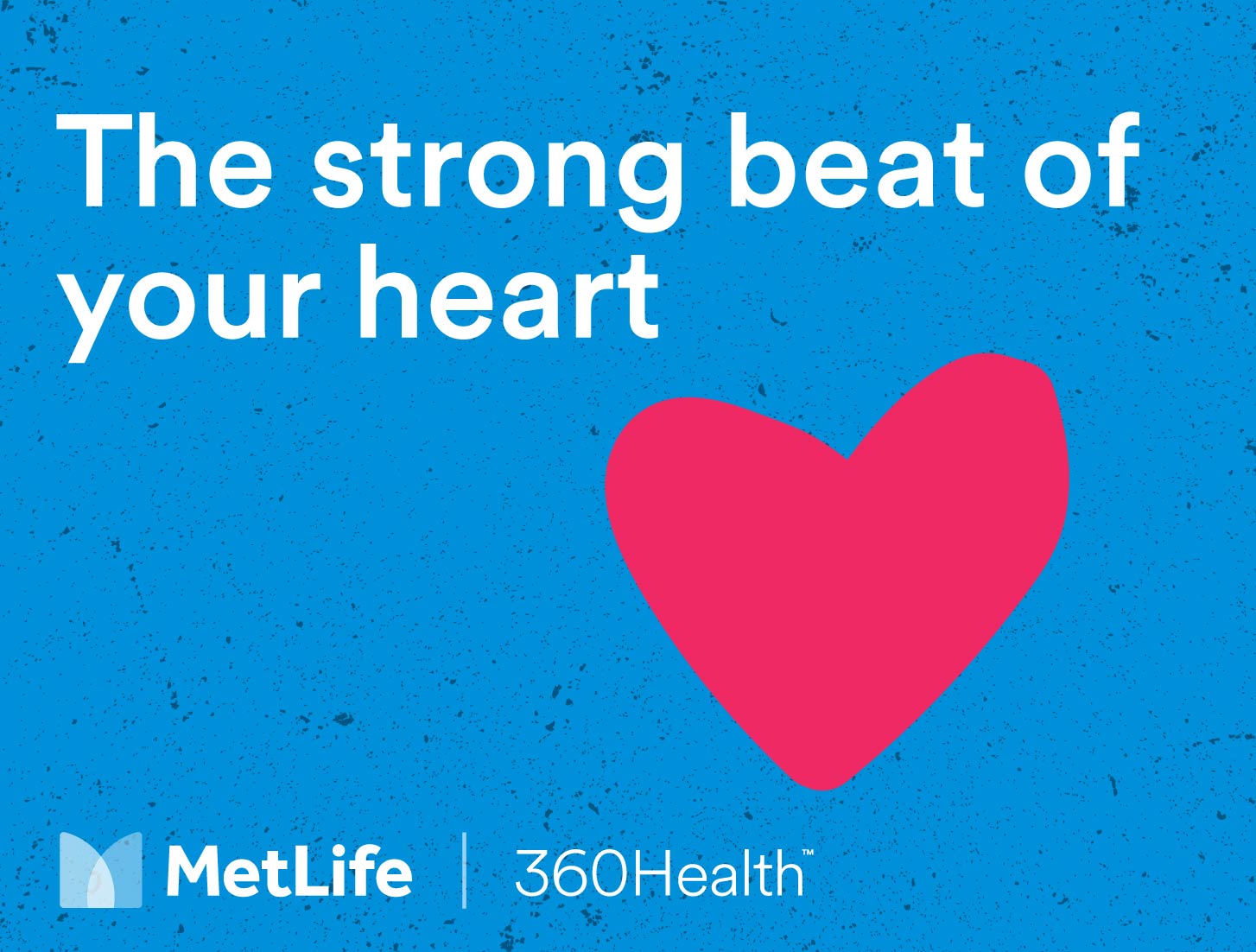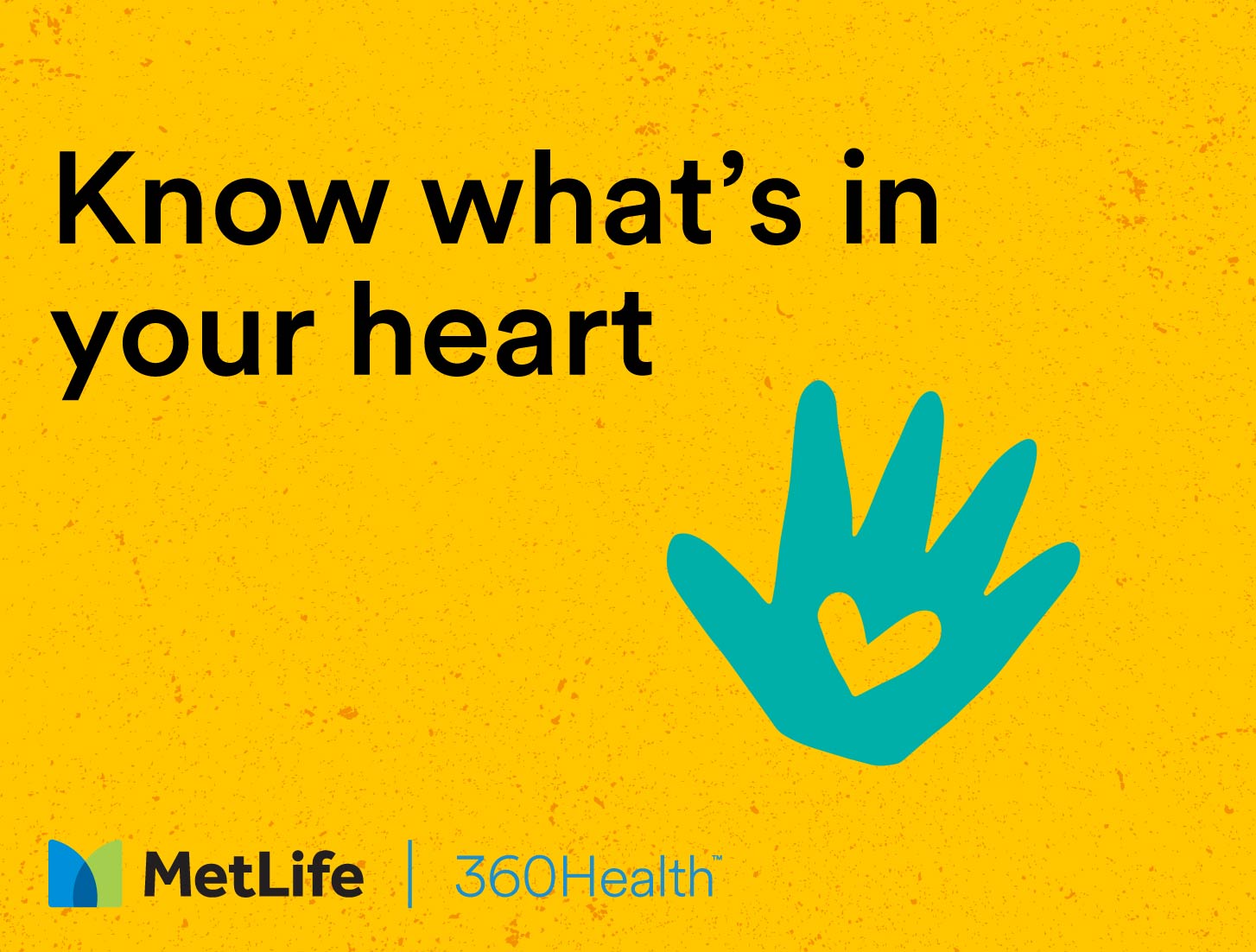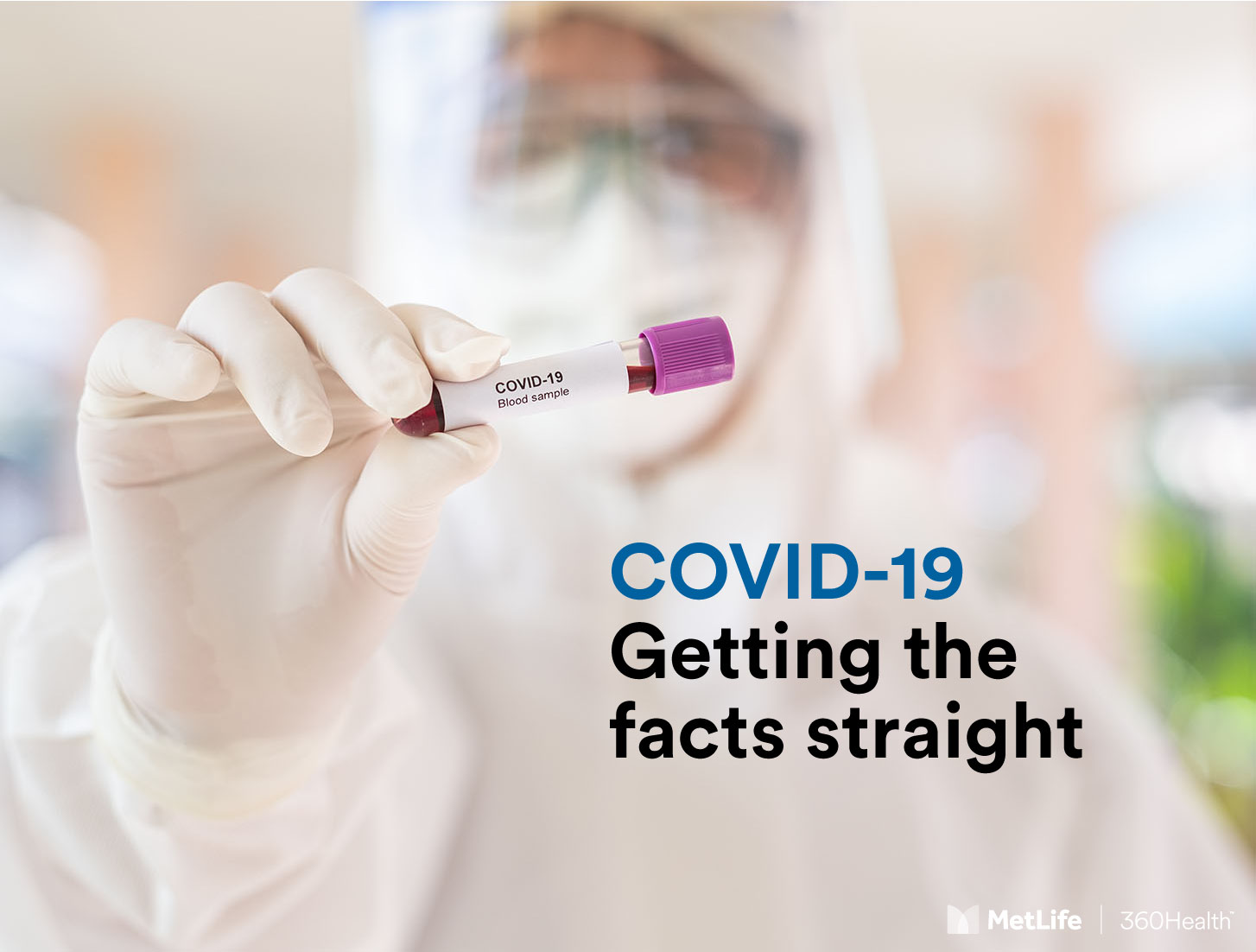
When your doctor suggests treatments
If you’ve already made lifestyle changes to keep your heart strong, your doctor will certainly encourage you to keep up the good work. But sometimes lifestyle changes alone can’t control or correct heart issues. If this is the case, your doctor may recommend additional treatment. It may be tempting to ignore treatment for conditions that you can’t necessarily feel, like high blood pressure. But following your doctor’s advice can save your life.
Medication for managing blood pressure
You may be completely unaware that you have high blood pressure (also known as hypertension). If your family has a history of high blood pressure, you should be especially vigilant about checking your blood pressure regularly. One high blood pressure reading doesn’t mean you have a chronic condition that needs to be treated.
But if your blood pressure readings are consistently high, your doctor may recommend medication to lower it.
It is extremely important to stay on your high blood pressure medication, and to take it as prescribed. High blood pressure makes your heart work much harder than it should, damaging your heart over time. It can also cause a stroke. The good news is that high blood pressure is easy to diagnose, and it can also be kept controlled with medication. Your doctor may suggest treatment.
Treating high cholesterol
Cholesterol is a waxy substance that is produced by your body naturally. Your liver produces more cholesterol when you eat a diet high in saturated and trans-fats. Over time, too much cholesterol can cause a build-up of plaque inside the arteries (a condition known as atherosclerosis). Plaque restricts blood flow, which can trigger heart disease. There are no symptoms for high cholesterol or plaque build-up. But a doctor can check your cholesterol levels with a simple blood test.
Some people inherit a predisposition to produce too much cholesterol. If lifestyle changes don’t reduce your cholesterol numbers, your doctor may prescribe medication. Your doctor will monitor your numbers regularly, so be sure to stay on your medication and have regular check-ups.
Procedures and surgery
If you already have heart disease, you may need a procedure to help your heart function better. There have been tremendous strides in non-surgical procedures that can open blocked or narrowed arteries. If you have heart disease symptoms, your doctor will go over treatment options, both surgical and non. Your doctor may also suggest a program to teach you how to exercise safely to regain your strength and stamina after the procedure.














